Courageous rebellion with Tomi Ungerer
Plus my first karaoke night and the euphoria of a book coming together
Oh hi there!
I hope your month has been fan-freakin-tastic. I’ve had a lot going on including a trip to good ol’ Utah, book deadlines, and my study of Tomi Ungerer (which I’m so excited to share today).
I also did something that I’ve always been terrified of which brings me to the kid table vibe of the week…
Normally I provide a little note here about how you can listen to this as a podcast but I’ve had a horrible cold and despite the gallons of water i’m drinking, my voice still sounds like death. Podcast episodes will continue in the near future (“Hopefully,” she says as she chugs another gallon of water).
Doing something without self-consciousness
I don’t remember a time when I didn’t feel aware of what other people around me were thinking and feeling. This was probably due to personality but also circumstance (it was like a safety thing for me).
I think this is why dancing became my thing. For whatever reason, I’ve always been able to dance full out, even in a crowd of people (the only exception is middle school…need I say more?). Dancing always provides a brief escape from my own hyper-awareness, and I feel truly free.
Unfortunately, this ability does not apply to much else. Like singing, for example. Which is why I recently shocked myself by singing in front of a crowd at karaoke night.
Maybe it was because Aaron and some friends were there. Or because I felt inspired by the band who played that night —The Granny Panties, a group of older women who started a cover band and believe in trying new things no matter your age or abilities — they’re really good too.
Bottom line is, I separated from my own body and
watched myself write my name and “What’s Up by 4 Non Blondes” on a little piece of paper
watched my hands shake as I saw others get up on stage before me
watched my fingers grab the microphone and…
then I sang. Out loud. Stone cold sober.
My friends cheered me on as I giggled nervously. Then the entire crowd began to sway and sing with me! And somehow, for one small moment in between the fear, I felt free.
This month at my desk…
I’ve been diving deeply into the art for my second picture book. I don’t have a style I use for every book, so a big part of my process is exploring mediums and colors until they feel right for the specific story. It can be really scary to feel like you are starting over with every book, but it’s also really fun.
I consider it an exercise of trust. Trust in myself, trust in the story, and trust in the creative process.
After exploring for months, I recently experienced the complete euphoria of the art style clicking into place. Ugh, I love it so much. It’s like magic!
A quick commercial break…
Just wanted to note that though I still want to be consistent with these newsletters, I’ve also realized I need to slow down a bit, so I’ve decided to send these out every other week. This will give me more time to research the amazing creators I love to share with you while also making sure I, you know, keep making books ;P.
Thanks so much for your support and understanding!
This week AT THE KID TABLE, we’re sitting with the great Tomi Ungerer.
You may know him from his award-winning children’s books like Crictor, The Three Robbers, and Moon Man. Or his famous, iconic advertisements and posters for social causes.
But you may not know that he was trilingual because he grew up up Alsace which alternated between French and German occupation. (His passion for justice and speaking out against prejudice also came from those early experiences.)
Or that he wrote and illustrated many adult books, some of which explored themes like war and sex (the latter almost ended his children’s book career in the United States). Or that he published over 140 books throughout his lifetime.
As a huge fan of his subversive wit and inventive storytelling, I can’t wait to see what we can learn from the great Tomi Ungerer.
1. Make the books you wish existed.
When describing what drove him to children’s books, Ungerer said: “To conceive tales that I myself would have liked as a child. The child in me, call it arrested development, has been present, lingering throughout my career. An element of innocence, providing wonderment and discovery is like a thread running through what I do and stitching it all together.”
When an interviewer called his children’s books “side projects,” he disagreed and, trying to describe why they matter so much to him, he said, “It’s a need. I am my own child.” (Isn’t that a beautiful way to put it?)
2. Infuse your books with your world view.
Ungerer loved to write stories about “rehabilitating disreputable animals” like snakes, bats, vultures, rats, etc. He said, “I think it is crucial to show children that no matter what one’s flaws are, there is always a way to survive and win by being different and making the best out of what one has. I want to show children that everyone is different but equally unique.”
3. Humor is an act of courageous hope.
Fear and humor were very connected themes for him: “One important element is that the children in my books are always fearless. I was brought up that way by my mother. Nothing could phase her and humour always took the upper hand. Winking her eye for example, she said with a snigger before a confrontation with the Gestapo, “You’ll see, they are all morons!”
4. Consciously collect your inspirations.
Nature was a huge inspiration for him. He got this from his mother: “For my mother, the woods were the Church…nature was a manifestation of God…We prayed every day but we rarely went to church because my mother always said it’s better for us to put the boots on. If you want to worship God, you worship the water.”
He also drew inspiration from other creators. Some of his favorite books included: Strumelpeter, Max and Moritz, Where the Wild Things Are, and Edward Lear’s Nonsense Stories.
5. Explore your life and your art with a sense of wonder.
Wonder and curiosity were huge parts of Ungerer’s life. He said, “It’s phenomenal looking at all you can learn behind a magnifying glass.”
He navigated his life and art in a similar way: “My life or my career would be boring if I had the same style all the time and this is maybe why I have just kind of inferiority complex because I feel like a bee going just from flower to flower, style to style, one idea to another.”
6. Don’t be afraid to stir the pot.
He was sometimes referred to as “the Bad Boy of Children’s Books” (I can’t even begin to tell you how much I love this). About his tendency to spark controversy, he said (at age 78), “Please do not forget I am a national provoker. Sometimes I really do it. I mean I’m still an angry young man, you know. I don’t measure my words and my expressions and I am known for that.”
This is part of the reason why he connected so well with the great editor Ursula Nordstrom: “Ursula was a troublemaker, a rabble rouser. Just the way I am in a way. We loved to stir the pot.”
And so did his friend Maurice Sendak (creator of Where the Wild Things Are). Though they “broke every possible taboo,” they didn’t do “it on purpose.” Ungerer said, “I don't automatically try to scandalize; it's just in me. And I just think that, you know, children love practical jokes. Children are no idiots….We don't respect children's minds enough.”
7. Use your anger.
Ungerer described that even as a young child, he felt angry: “I think I was born too sensitive. I wanted to scream and proclaim, ‘No this is not right.’ Nobody would listen to me because I was the youngest in the family. But it’s got to come out. The artist produces because it’s just going to come out.”
This turned into a strong sense of justice and a desire to critique those in power and fight for social causes. He didn’t believe in hate, but he did believe in using your anger in appropriate ways to do good: “Any injustice makes me angry. This would be the worst trait I have because anger can be blind…I can be perfectly unfair, stupid even, I’m not proud. But if I’m angry in a cool way, that’s another matter. That’s okay. In French, they say anger is a meat that should be eaten cold. So sometimes when I control my anger, then I get much better results than if I let myself be carried away.”
8. Don’t let anyone or anything stop you from making what you want to make.
Ungerer had three favorite sayings:
“I don’t take curves. I take corners.”
“I’d rather deal with a barricade than with a traffic jam.”
“Give destiny a destination.”
He was all about choosing to engaging in your own life over settling into stagnancy.
For example, when he first started out in the U.S., all he had was a big trunk of drawings and manuscripts. But he work up in the morning, bought a few newspapers, looked at all the paper he wanted to work with, wrote down the art director’s contact information, and called them all from a phone booth. Many told him his art was “too European” but he didn’t let that stop him. Eventually he was directed to people who loved his work (like Leo Lionni) and so his career in the U.S. began.
But even after some success, he still experienced resistance. Like you know those iconic posters Ungerer became known for? He actually designed and paid for those himself. He wanted to make them so he did. I love that “give destiny a destination” attitude.
9. Go to the library.
Ungerer didn’t get to finish his schooling because of his life circumstances, but he said he continued his learning through books: “From books I taught myself. We need the books and the books bring people together. People please go to the library. Read books to your children. Because the most beautiful thing is how a book is a bridge between the one who reads and the one who listens.”
10. Pour your heart into what you make.
Ungerer was known to pack a punch with his words and images. But I love the tender heart that is underneath everything he makes. His book The Three Robbers is one of my favorites of all time, precisely because of this balance between light and dark.
As I witness all of the atrocities going on in the world, I find his life and his stories inspirational. He was a fighter because of his love, not his hate. His humor was an act of rebellion against darkness. And he cared more about standing up for his values than being liked.
He said, “For every human that’s yearning for peace, there is a star shining in the firmament.” When I feel powerless, like I can’t make an impact in this world because war and darkness and hate feel so big, Ungerer reminds me that there are many ways to fight.
Making stories that tell the truth matter. And humor is an act of hope.
A big thank you to the sponsors of this post!
Thanks to Whiskey Geraldine for our podcast music and Joanna Rowland, Marietta Apollonio, Saki Tanaka, Angela Pham Krans, Nyasha Williams, and Pamela A Mathy for sponsoring this post. Definitely check out their amazing websites and books!
To become a sponsor, you can upgrade to a paid newsletter subscription.
Thanks for sitting with me AT THE KID TABLE today.
Until next time! As always I’ll save you a seat right next to me.
Your realizing-she-is-more-rebellious-than-she-ever-thought friend,
Rachel

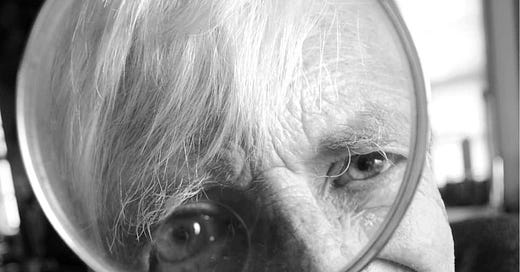




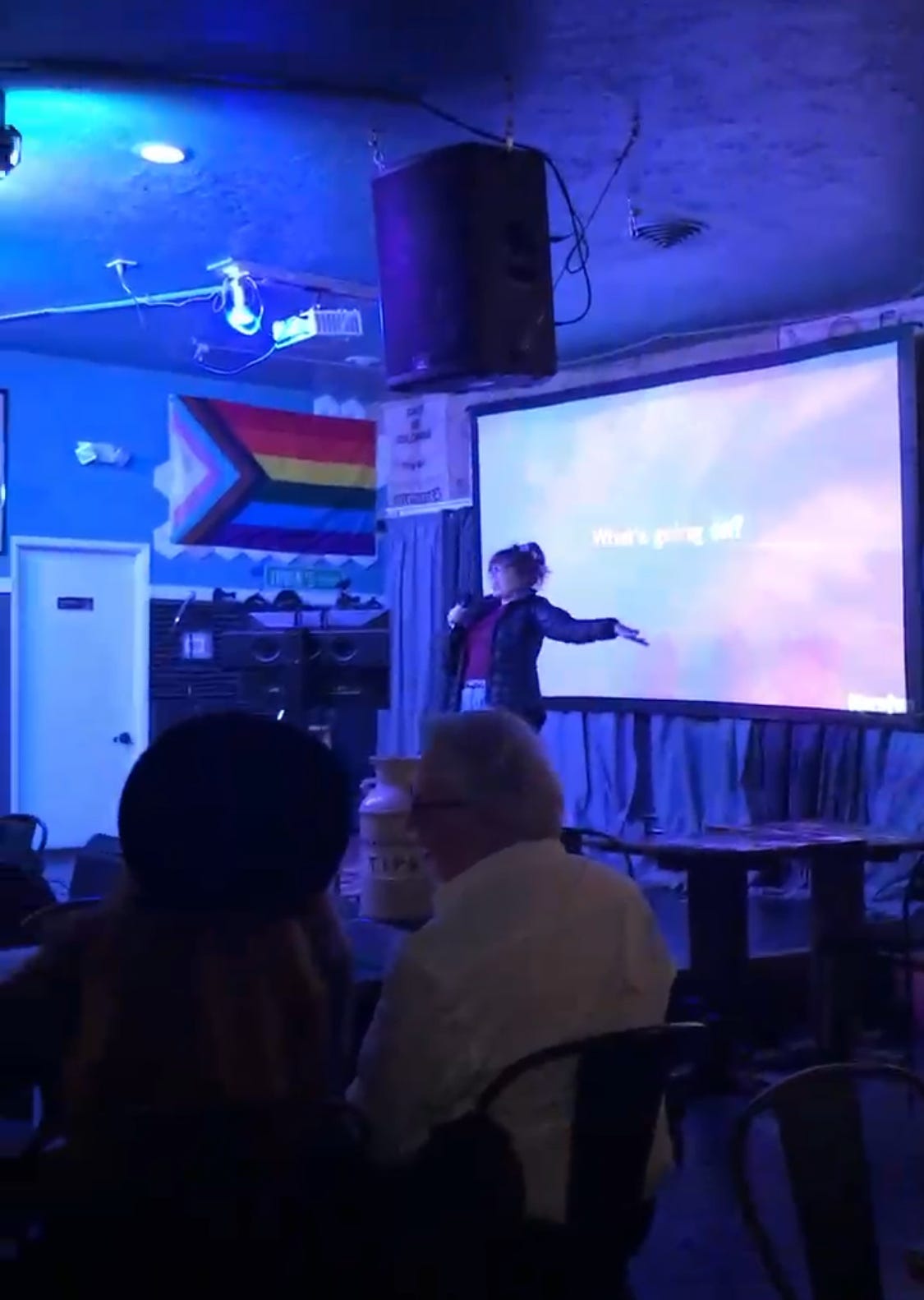
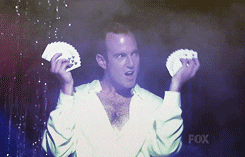

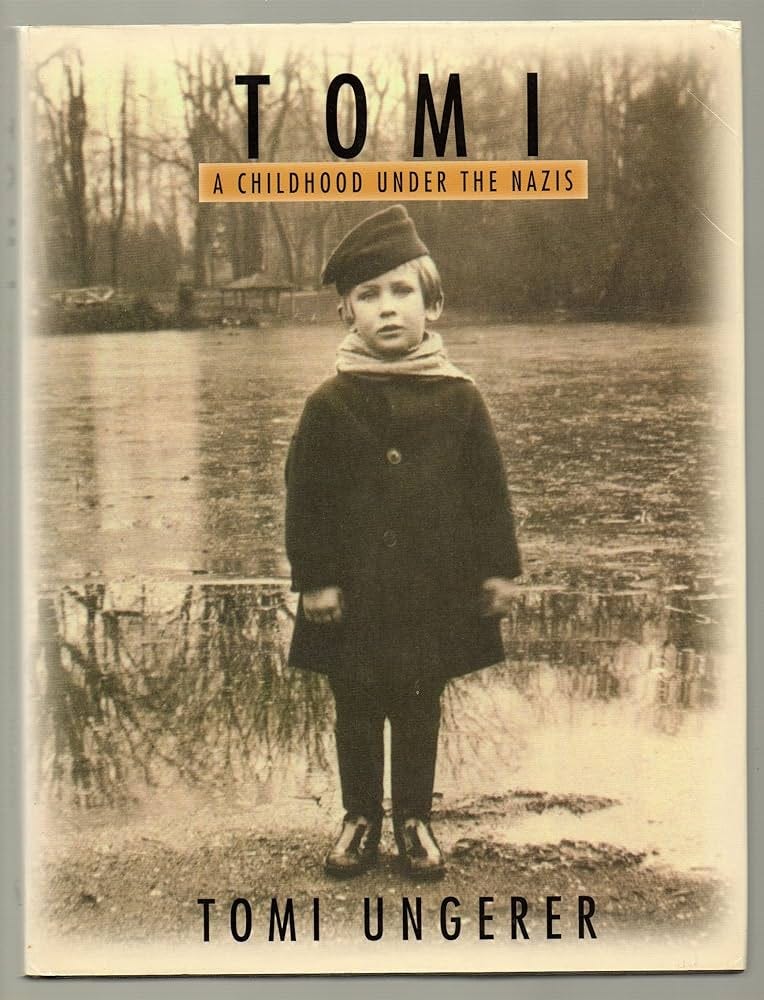
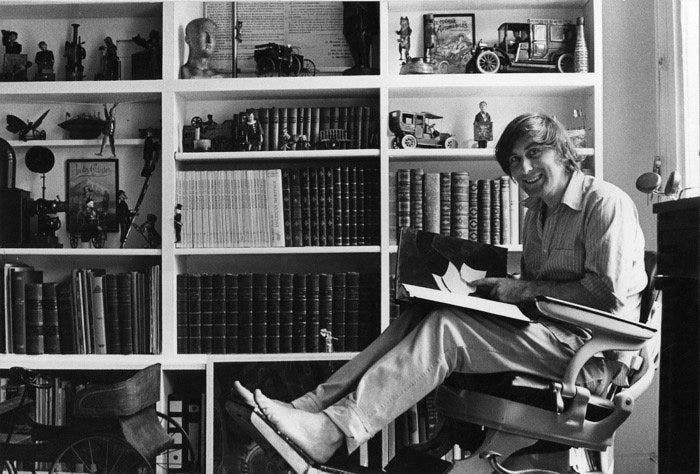
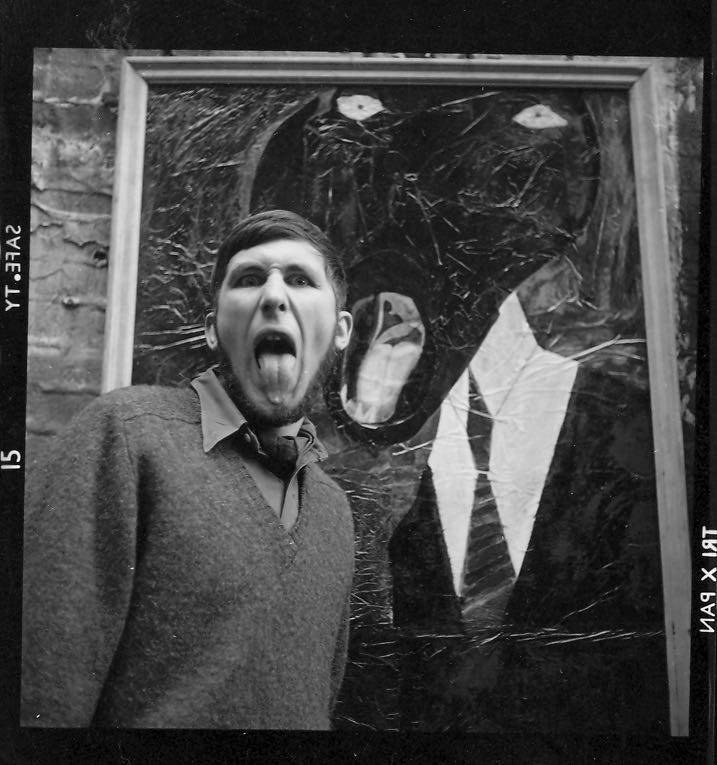
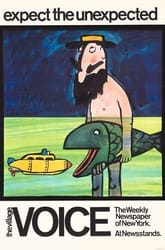
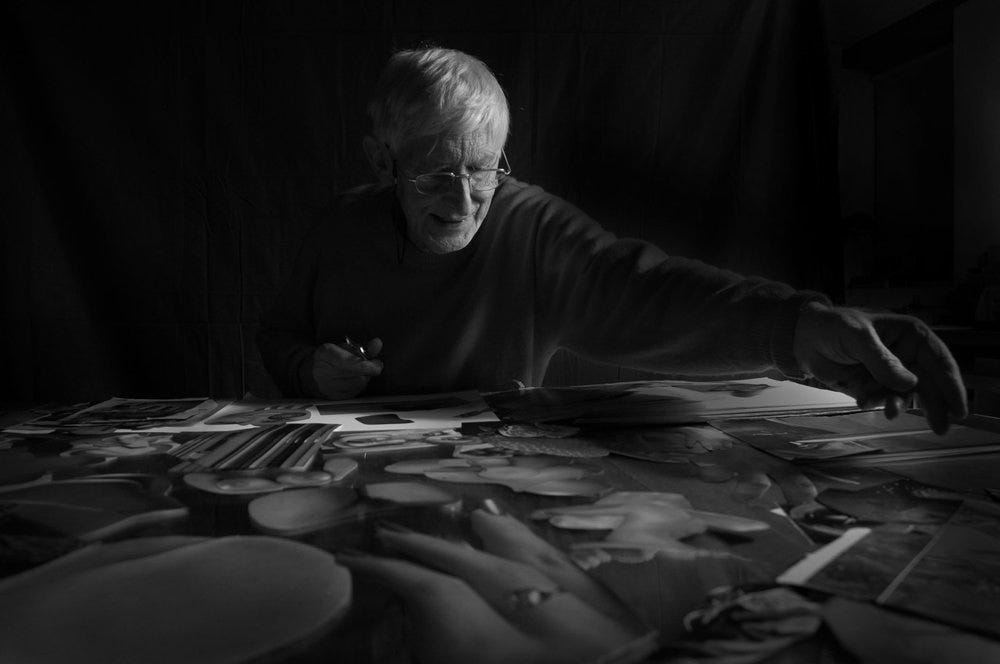


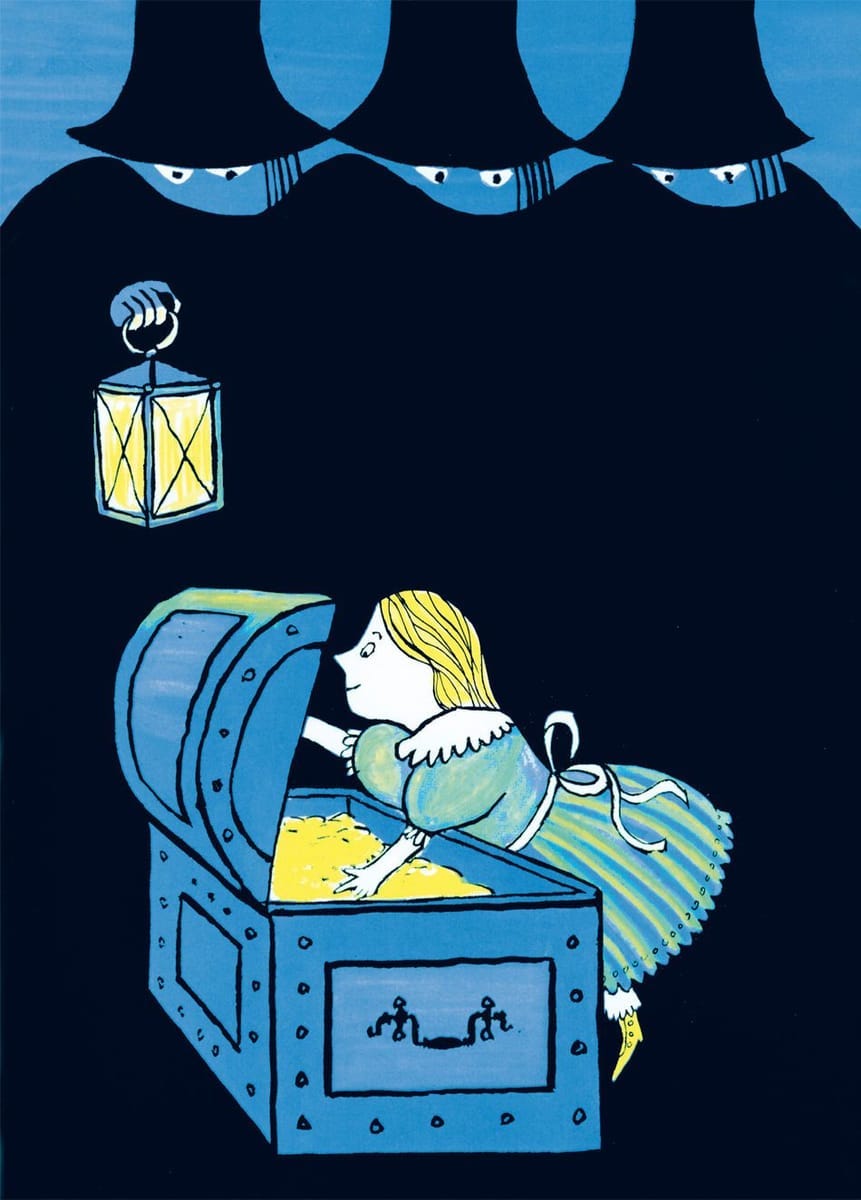
Tomi is # 1! Such a sly, sensual, silly, special artist! I loved this, Rachel. I especially love having his ideas and touch points laid out like this, makes it easy to reference! Thank you.
I’m not crying 😭